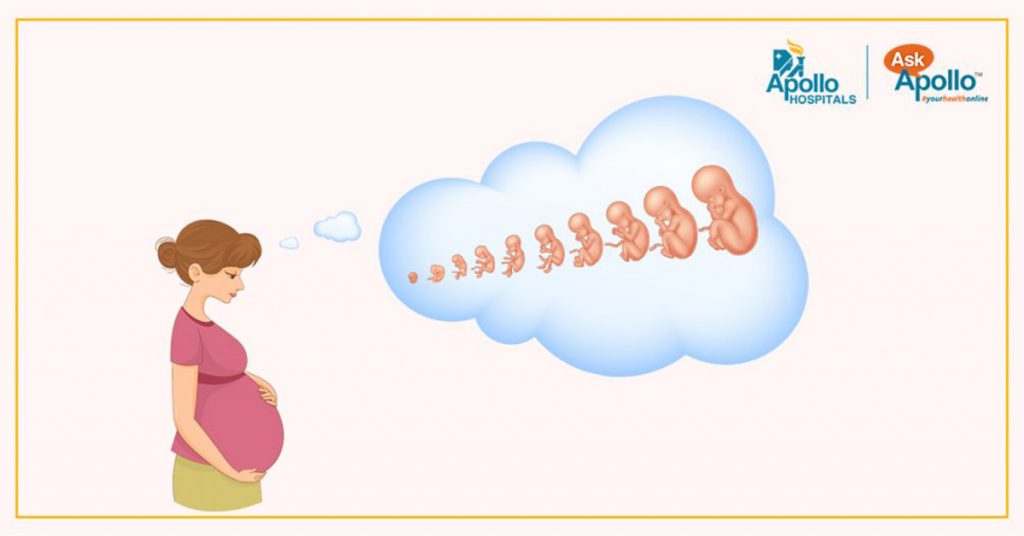If you are less than 28 weeks pregnant
- 1396 Views
- Apollo Hospital Mumbai
- November 19, 2019
- Obstetrics & Gynecology
If you are less than 28 weeks pregnant

If you feel that your foetal movements have decreased considerably, you should immediately inform your doctor.
He/she will test for foetal heart beats using a sonic aid and take appropriate action. If all is well, you will be sent home with advice on how to closely monitor foetal movements.
If you are more than 28 weeks pregnant
If you feel your baby’s movements have come down noticeably, you must meet your doctor immediately. The doctor will monitor the foetal heart using a machine called Cardiotocogaph (CTG).
The CTG monitors your baby’s heart rate for a period of 20 minutes. If the CTG is normal and no other risk factor is identified, you will be discharged. If few or no foetal movements are recorded or other risk factors are identified, then your doctor will advise you on your available options and help you plan your next step.
In general, 12 to 15 movements in 12 hours, 2 to 3 movements in the first hour after a meal, are considered normal. If you have high risk factors like diabetes, hypertension or heart disease, then you must closely watch for movements of the baby and any changes should be brought to your doctor’s attention soon.
Note: Never hesitate to contact your doctor if you are unsure of your baby’s movements.
- April 18, 2024
What conditions does an ENT doctor treat?
- April 18, 2024
Rare Cancers in India – Symptoms and Management
- April 1, 2024
Why early detection of kidney disease matters in India?
- Bone Marrow Transplant3
- Cardiac sciences44
- Child Care7
- Clinical Excellence33
- Cosmetology2
- COVID-199
- Diseases4
- Emergency10
- Emergency7
- Endocrinology1
- ENT5
- Gastroenterology6
- General Medicine9
- General Surgery1
- Genomic Medicine2
- Health14
- Hematology2
- Kidney Transplant5
- Kidney Transplant2
- Liver Transplant6
- Neonatology1
- Nephrology1
- Nephrology & Urology4
- Neurosciences1
- Neurosciences20
- Nutrition/Diet1
- Obstetrics & Gynecology9
- Obstetrics & Gynecology4
- Oncology3
- Oncology90
- Ophthalmology1
- Orthopedic12
- Patient Speak1
- Pediatric Surgery2
- physiotherapy2
- Psychologist2
- Pulmonology1
- Robotic Suregry1
- Robotic Surgery11
- Spine1
- Uncategorized103
- Women Care5
